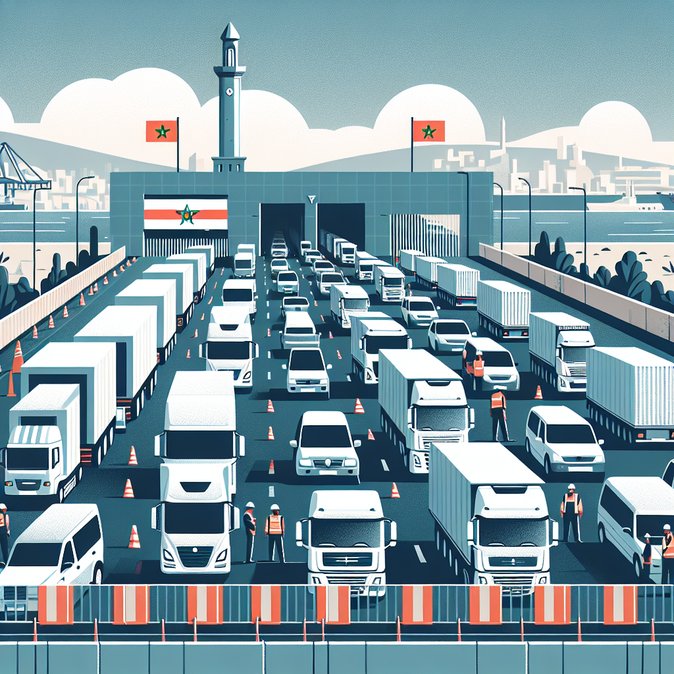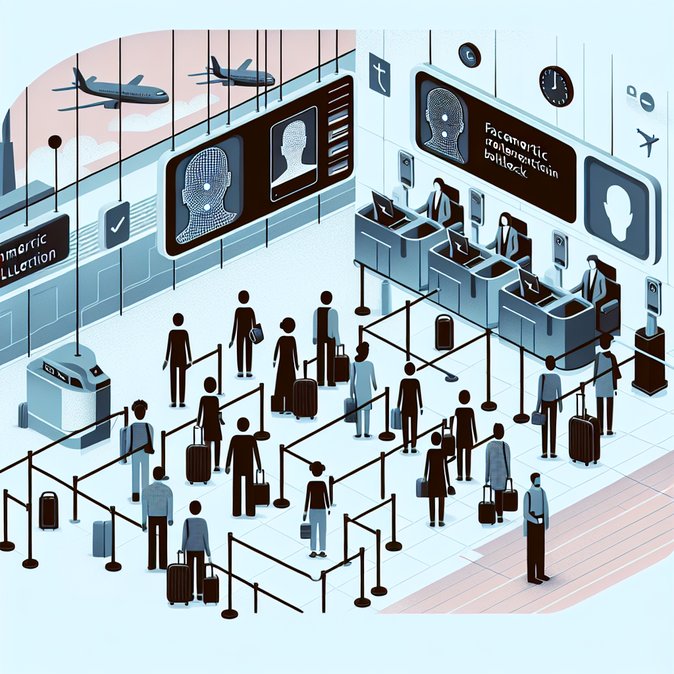
Motorists seeking to cross from Morocco into Spain’s North-African enclave of Ceuta faced gridlock on 25 November, with wait times stretching to six hours after road-works on the Moroccan side reduced the number of open lanes to three. Videos shared on social media showed kilometre-long tailbacks even on a weekday morning.
The congestion comes at a sensitive moment: Ceuta is acting as a pressure valve for mixed tourist, commercial and informal-trade traffic since ferry services to Algeciras have reached near-capacity ahead of the December holidays. The Spanish border-guard command said resources were “fully deployed” but acknowledged that throughput is limited by Moroccan civil-engineering works aimed at modernising customs facilities.
![Six-Hour Queues at Ceuta Border as Moroccan Works Cut Lanes to Spain]()
Prolonged delays raise costs for cross-border workers and Spanish retailers who depend on daily flows of perishable goods. Logistics firms have begun rerouting high-value cargo via the Tarajal II pedestrian gate—recently adapted for light vehicles—or delaying departures until night-time, when traffic eases.
Companies with staff commuting between mainland Spain and Ceuta should review duty-of-care provisions, encourage remote work where feasible, and anticipate missed ferry connections back to Algeciras. For non-EU nationals, overstaying the Schengen short-stay allowance because of a blocked exit remains a theoretical risk, so HR teams must document any border delays that push travellers beyond 90/180-day limits.
The works are expected to last until early January, meaning the bottleneck could intensify during Spain’s peak Christmas shopping and travel season.
The congestion comes at a sensitive moment: Ceuta is acting as a pressure valve for mixed tourist, commercial and informal-trade traffic since ferry services to Algeciras have reached near-capacity ahead of the December holidays. The Spanish border-guard command said resources were “fully deployed” but acknowledged that throughput is limited by Moroccan civil-engineering works aimed at modernising customs facilities.

Prolonged delays raise costs for cross-border workers and Spanish retailers who depend on daily flows of perishable goods. Logistics firms have begun rerouting high-value cargo via the Tarajal II pedestrian gate—recently adapted for light vehicles—or delaying departures until night-time, when traffic eases.
Companies with staff commuting between mainland Spain and Ceuta should review duty-of-care provisions, encourage remote work where feasible, and anticipate missed ferry connections back to Algeciras. For non-EU nationals, overstaying the Schengen short-stay allowance because of a blocked exit remains a theoretical risk, so HR teams must document any border delays that push travellers beyond 90/180-day limits.
The works are expected to last until early January, meaning the bottleneck could intensify during Spain’s peak Christmas shopping and travel season.


